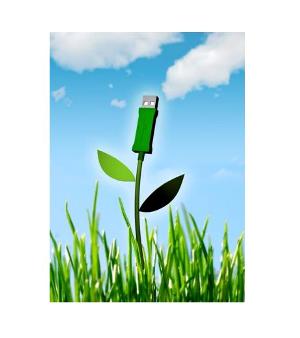
Greentech Lead Asia: Asia-Pacific nations have committed
to promote green trade in the region by slashing import duties on technologies
that can promote economic growth without endangering the environment.
This year at the APEC summit, leaders of 21-member
Asia-Pacific Economic Cooperation (APEC) agreed on a list of 54 green
technologies that will be subject to import duties of 5 percent or less from
2015, following through on a commitment made by leaders at the last APEC summit
in Honolulu a year ago, Reuters reported.
The list of technologies supported by this initiative
includes equipment used in generating power from renewable energy sources such
as the sun, wind and biomass; treating waste water; recycling and environmental
monitoring, the report said.
APEC accounts for 40 percent of the world’s population,
54 percent of economic output and 44 percent of trade.
PwC has forecast that exports within the APEC countries
will nearly treble over the next decade to $14.6 trillion while exports to
non-APEC countries will double to $5.6 trillion, making the Pacific Rim the
focus of global growth in the years to come.
Some of the APEC countries have already joined Washington
in pushing for a new free-trade deal called the Trans-Pacific Partnership
(TPP).
Addressing the APEC members, Deputy U.S. Trade
Representative Demetrios Marantis said trade ministers from nine nations
participating in the TPP talks had met in Vladivostok and affirmed their
determination to move ahead at negotiations to be hosted next week by the
United States in Leesburg, Virginia.
The TPP comprises the United States, Vietnam, Brunei,
Singapore, Malaysia, Australia, New Zealand, Chile and Peru, while Canada and
Mexico are due to be formally admitted to the discussions in October.
Marantis said the group was “working together to
create a high-standard, 21st-century trade agreement that addresses a lot of
problems that exporters are facing in a way that will grow jobs and create new
opportunities for exporters.”
The TPP ties in with President Barack Obama’s goal of
doubling U.S. exports within five years of his election in 2008, and has been
described as the biggest free trade pact since the 1994 North American Free
Trade Agreement.
China, the world’s second-largest economy, is not a party
to the process while APEC summit host Russia – which has only just joined the
World Trade Organization – says it is not ready to look at joining the TPP.
The Citizens Trade Campaign, a U.S. umbrella group, has
criticized the TPP process as overly secretive and has called demonstrations
against the Leesburg talks, fearing that a free trade deal could result in the
loss of American jobs.
